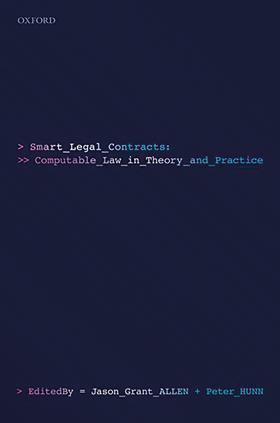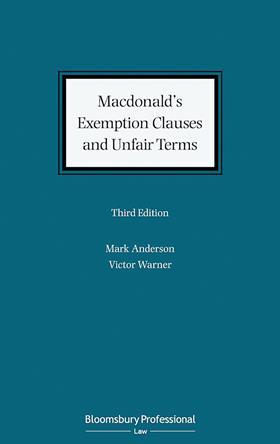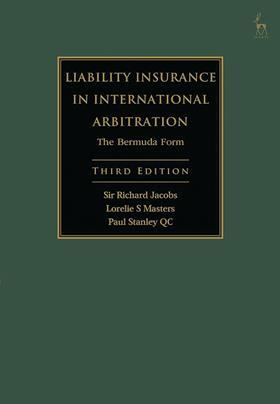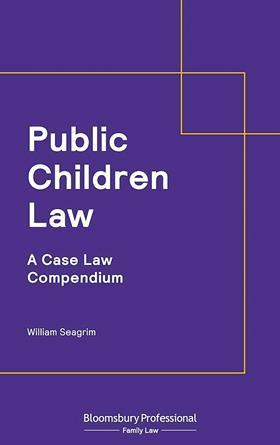The Collapse of Constitutional Remedies
Aziz Z. Huq
£21.99, Oxford University Press
★★★✩✩
The Constitution contains many legal rules and rights. None enforces itself.’ So begins University of Chicago law professor Aziz Z. Huq’s account of how the US courts, and particularly the Supreme Court, have failed to hold US governments responsible for breaching individuals’ constitutionally guaranteed rights.
At the same time as the courts have retrenched on remedies for individuals, they have welcomed businesses’ constitutional challenges to regulation by the legislative and executive branches. Professor Huq deems this combination ‘regressive’, pointing out how the courts enable the state to avoid paying for its unlawful actions against individuals but block state action in the form of regulation.
This slim volume argues that ‘the rule of law is a divisible good…selectively supplied by courts to some while being denied to others’. So far, so obvious. The first third of the book charts the federal court system through history and its rise to ‘a degree of autonomy and policy-making authority that would have been unthinkable in the early years of the Republic’. In the first half of the 20th century, this judicial power held the state in check through such remedies as the exclusion of evidence obtained through unconstitutional, warrantless searches and the award of damages for abusive police action violating a citizen’s right to the Privileges and Immunities guaranteed by the Fourteenth Amendment.
So what happened? What is causing this ‘remedial recession’, the ‘collapse’ signalled in the title? Professor Huq suggests that the increasing visibility in the public sphere of the 1960s of women and racial minorities created a backlash from voters who began to feel less invested in the collective common good and more interested in protecting what they had. This arguably led to a more outcome-directed, partisan approach to the appointment of federal judges. The author also suggests that the Supreme Court’s desire to decrease the federal caseload may have dampened the court’s interest in creating yet more reasons for individuals to file federal lawsuits.
Where do we go from here? The way to reform, it is suggested, lies through the formation of ‘a new political coalition’ that would enact statutory remedies to compel the courts ‘into more deliberate service in favor of inclusion, dignity, and popular voice’. Observers of the current fractured American body politic will doubt the likelihood of such a happy outcome.
Susan McFadden is a solicitor and US lawyer, recently retired from the London-based US immigration firm Gudeon & McFadden
Smart Legal Contracts: Computable Law in Theory and Practice

Edited by Jason Allen and Peter Hunn
£95, Oxford University Press
This is an informative guide on legal issues raised by applications of digital technology to contracting. It analyses the earliest judicial responses to software-based contracts, as well as law reform and thought leadership projects. With contributions from the judiciary, legal scholars, practitioners, and computer scientists, it seeks to build a dialogue between the disciplines involved in smart contracts.
Macdonald’s Exemption Clauses and Unfair Terms (third edition)

Mark Anderson, Victor Warner
£275, Bloomsbury Professional
The legislation relevant to the incorporation and construction of key clauses is covered in this updated guide to exemption clauses and unfair terms in legal contracts. In analysing how the courts interpret exclusion and liability clauses, the authors draw on the Supreme Court decisions of Wood v Capita Insurance Services Ltd and Rainy Sky SA and others v Kookmin Bank. There is also coverage of changes brought about by the Consumer Rights Act 2015.
Liability Insurance in International Arbitration – The Bermuda Form (third edition)

Sir Richard Jacobs, Lorelie S Masters, Paul Stanley QC
£160, Bloomsbury Professional
Hailed by the Court of Appeal as the ‘standard work’ on Bermuda Form excess insurance policies, the authors unpick the form’s lengthy and complex provisions. The form, first used in the 1980s to cover catastrophes such as explosions, or mass tort litigation, is now widely used by insurance companies. This book offers commentary on how the form is to be construed, its coverage, and the substantive law to be applied.
Public Children Law: A Case Law Compendium

William Seagrim
£95, Bloomsbury Professional
In identifying the leading authorities on public children law issues and presenting principles and guidance, William Seagrim offers a useful text for both children law practitioners and academics. Drawing on important case law and using easily navigable headings, Seagrim covers a host of topics, including emergencies and investigations, threshold criteria, interim care and supervision orders, case management, international issues, evidence, and experts.
































No comments yet